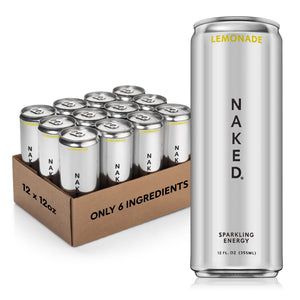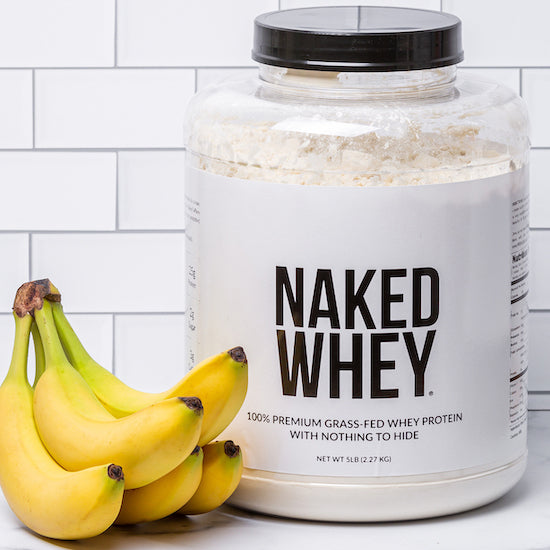You know, as an athlete and just general health-minded individual, that you need protein. That's pretty common knowledge.
Often, though, people ration out their protein content throughout the day based on the idea that you can only absorb so much at once. Sometimes, people even assume that the enormous dosages found in protein powder is a complete waste.
Is there any truth to this? How much protein can you actually consume and use in one sitting?
The 30g Idea
The number usually tossed out as the maximum amount of protein that your body can absorb in one sitting is 30g. If your meal or protein powder contains any more than that, the common wisdom holds, it simply passes through your body unused.

While it is true that your body does have a set absorption rate for protein and all other nutrients, there is absolutely no science to back up this specific number. Actually, the 30g per sitting idea is just an assumption, based on the fact that most people's bodies can only moved around 10g of amino acids per hour.
Researchers then applied this to the standard mini-meal practice used by bodybuilders. Typically, this translates to one meal every 3 hours. Really, then, the oft-quoted 30g per meal approach is just an estimation based on some statistical observations; this number has never actually been proven by scientific research.
It's also important to point out that this “30g per meal” axiom is problematic for another reason: A meal is different for everyone and is eaten at different times. This is an extremely vague and difficult-to-apply recommendation.
Where Does It Go?
But, as mentioned, there is truth to the idea that your body can only absorb a certain amount of protein each hour. So, what happens to that unused protein once the hour as passed?
When food enters your stomach, it gets broken down and converted into a pretty unappetizing mass known as “chyme.” That chyme can be added to as you take in more food.

So, as far as your digestive tract is concerned, there really isn't any difference between your breakfast and your morning snack. Even more importantly, though, that chyme is not waste. Although it takes some time, your body continues to peel away at the outer layers of the chyme and use the nutrients it finds there.
Putting It Together
If we look at all of this information, then what do we learn about protein absorption? Yes, you can only absorb a set amount each hour. This number, however, will vary from person to person based on a host of factors including lean body mass, body fat percentage, protein type and meal composition.
What happens if you chug some protein powder or eat a super-high-protein meal, though? Any protein that your body cannot immediately used it simply stored in a solid mass called chyme and tapped into later when it can be dealt with.
The reality, then, is that there really is no limit to the amount of protein that your body can handle.













